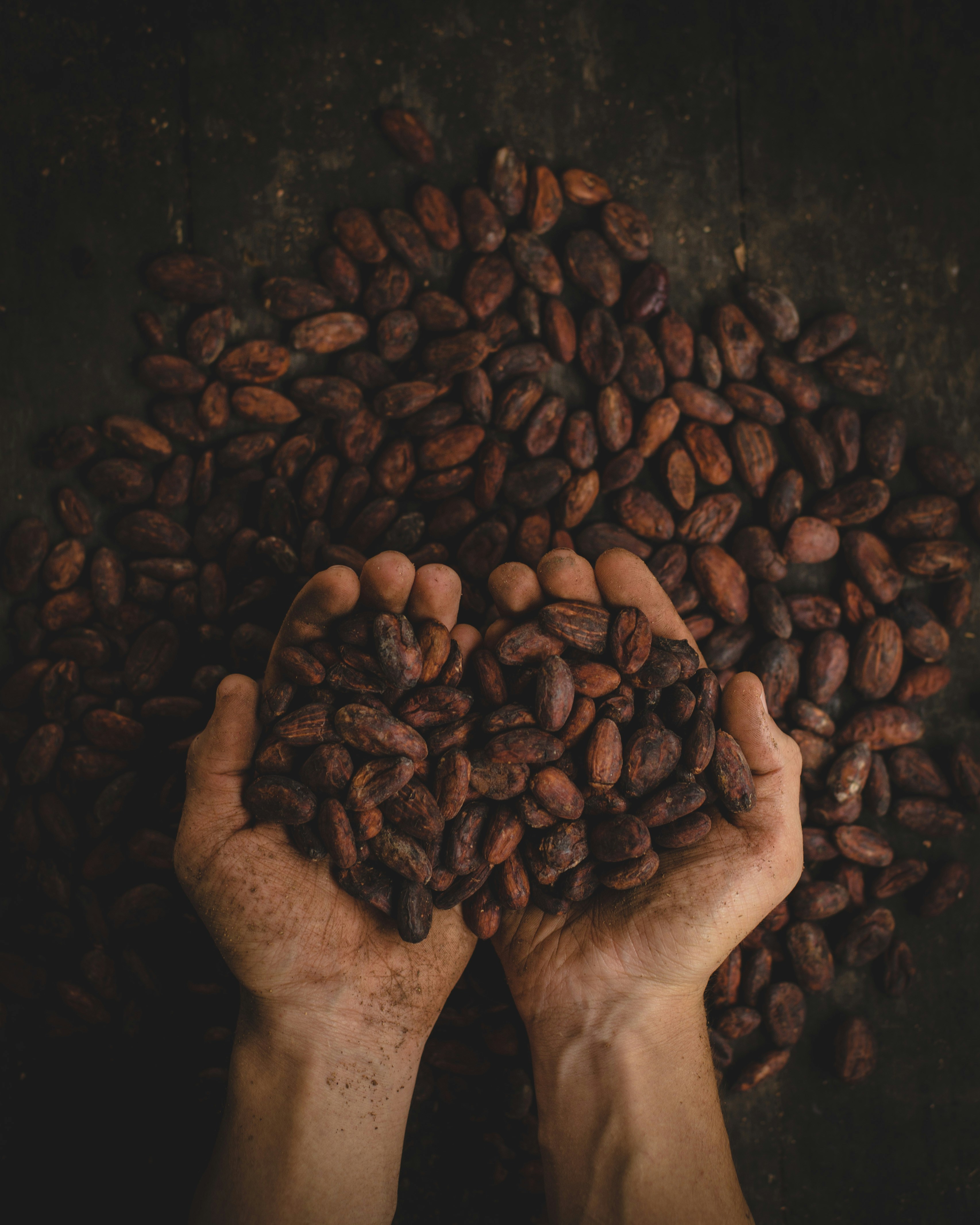Chocolate Lovers Beware: The Rising Cocoa Prices And Their Impact On Consumer Goods

In a startling economic twist that has left both chocolate lovers and manufacturers grappling with uncertainty, the price of cocoa has surged past the $10,000-a-tonne mark for the first time, according to recent market reports. This unprecedented rise, fueled by poor harvests in key cocoa-producing regions of West Africa, primarily Ivory Coast and Ghana, is now casting long shadows over the global chocolate industry, with implications far beyond the trading floors of New York and London.
The Direct Hit on Chocolate Pricing and Availability
Chocolate, a global indulgence and a staple in the confectionery industry, finds itself at a crossroads. As cocoa prices double, manufacturers face the daunting task of absorbing these increased costs or passing them on to consumers. An analysis of retail chocolate prices reveals a trend towards the latter, with the cost of chocolate bars and related products climbing steadily in response to market pressures. This inflation extends beyond the price tag, affecting product availability and introducing a bitter note into the sweet anticipation of chocolate enthusiasts worldwide.
Consumer Adaptation in a Changing Market
Consumers, confronted with rising prices and the potential scarcity of premium chocolate offerings, are displaying resilience and adaptability. Market surveys indicate a shift towards more affordable confectionery options, with some chocolate aficionados expressing a willingness to forego brand loyalty in favor of better-priced alternatives. This pivot raises questions about the long-term impact on consumer preferences and brand dynamics in the chocolate sector.
Quality and Innovation: The Industry's Response
In response to these challenges, chocolate manufacturers are exploring avenues to innovate and maintain consumer interest. Some have begun experimenting with recipe modifications and alternative ingredients to mitigate cost pressures, a move that risks altering the taste profile of beloved products. Others are embracing "shrinkflation," reducing package sizes to maintain price points without compromising on quality. Amid these adjustments, the industry's commitment to innovation is evident in the launch of new chocolate varieties designed to offer consumers both value and variety.
The Ethical Dimension of Cocoa Sourcing
The cocoa price surge also brings ethical sourcing and sustainability practices into sharp focus. With the livelihoods of West African cocoa farmers at stake, the industry's approach to fair trade and sustainable sourcing is under scrutiny. Forward-thinking chocolate brands are leveraging their ethical sourcing credentials as a differentiator, emphasizing the importance of supporting sustainable cocoa farming practices. This ethical stance, while admirable, poses additional challenges in balancing cost, consumer expectations, and corporate responsibility.
Looking Forward: The Future of Chocolate Consumption
As the industry navigates through the turbulence of rising cocoa prices, the future of chocolate consumption emerges as a complex mosaic of challenges and opportunities. The sustainability of cocoa supply chains, the adaptability of manufacturers, and the evolving preferences of consumers will collectively shape the chocolate market of tomorrow. Innovation, consumer education, and international collaboration stand out as pivotal elements in ensuring that chocolate remains accessible and enjoyable for future generations.
In conclusion, the current cocoa crisis serves as a stark reminder of the vulnerabilities and interdependencies within the global chocolate industry. As we move forward, the collective efforts of farmers, manufacturers, and consumers will be crucial in crafting a resilient and sustainable pathway for one of the world's most beloved treats. The journey ahead is uncertain, but the shared commitment to preserving the joy of chocolate offers a glimmer of hope in these challenging times.
Copper's Comeback: Inside BHP And Lundin's Argentine Asset Acquisition
Copper, often dubbed "the metal of electrification," is experiencing a resurgence in demand due to its critical role in ... Read more
Revitalizing Commodities: How Clean Energy Is Breathing New Life Into A Stagnant Market
The commodities market, traditionally a cornerstone of investment portfolios, has experienced a decade of stagnation. Ho... Read more
European Airports Disrupted By Escalating Climate Protests
Climate activists have escalated their protests at European airports, blocking runways and causing flight disruptions in... Read more
Hungary's Russian Oil Dilemma: Why Brussels Is Cautious In Offering Support
Hungary's reliance on Russian oil has led it to seek support from Brussels to ensure continued access to this crucial en... Read more
Unveiling China's Secret Commodity Stockpiles: What Lies Ahead?
Xi Jinping's extensive reserves of grain, natural gas, and oil hint at future challenges.In a move shrouded in secrecy, ... Read more
Copper Miners Brace For Industry Overhaul As End Users Seek Direct Deals
The copper mining industry is bracing for a significant overhaul as end users, including cable manufacturers and car com... Read more

